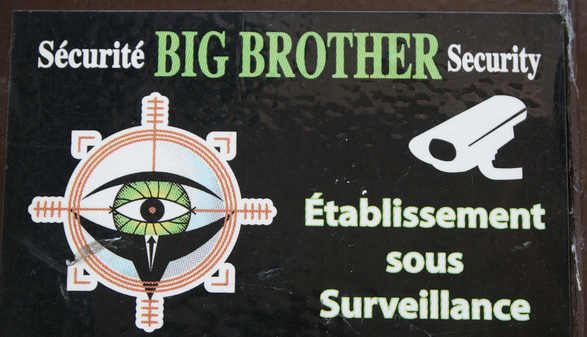A federal appeals court has decisively rejected a legal theory that would have placed anyone who embeds a third-party video on her website in legal jeopardy. In a Thursday decision, Judge Richard Posner of the Seventh Circuit Court of Appeals ruled that the “video bookmarking” site myVidster was not liable to the gay porn producer Flava Works if users embedded copies of Flava videos on myVidster.
Judge Posner’s reasoning is interesting. He argues that when you view an infringing video on a site such as YouTube, no one—not you, not YouTube, and not the guy who uploaded the infringing video—is violating copyright’s reproduction or distribution rights. And since simply viewing an infringing copy of a video isn’t copyright infringement, he says, myVidster can’t be secondarily liable for that infringement.
Viewing an infringing video online may lead to a violation of copyright’s public performance right, Posner goes on, but here the law is murky. The judge called on Congress to help clarify exactly how copyright law should apply in the age of Internet video.
And if even one of copyright’s most respected jurists is confused, it’s a clear sign that copyright law needs work.
Embedding is not infringement
Flava Works sued myVidster because users kept adding links to Flava videos to the myVidster site. myVidster is a “video bookmarking” site that automatically embeds bookmarked videos on its site and surrounds them with ads. To the untrained eye, it looks like myVidster itself serves up the infringing copies of the videos. Based on that perception, the trial court judge ruled that myVister was directly infringing Flava’s copyrights and granted a preliminary injunction.
Of course, if embedding is direct infringement, then anyone who embeds a video without first researching its copyright status is at risk of being a direct infringer. That would put a damper on the practice of embedding, which has made the Web a more convenient and interactive place.
The Motion Picture Association of America, of course, was thrilled with this initial result. But as Google and Facebook pointed out in an amicus brief late last year, the lower court’s decision was inconsistent with the relevant precedents.
MORE: MPAA “embedding is infringement” theory rejected by court | Ars Technica.

